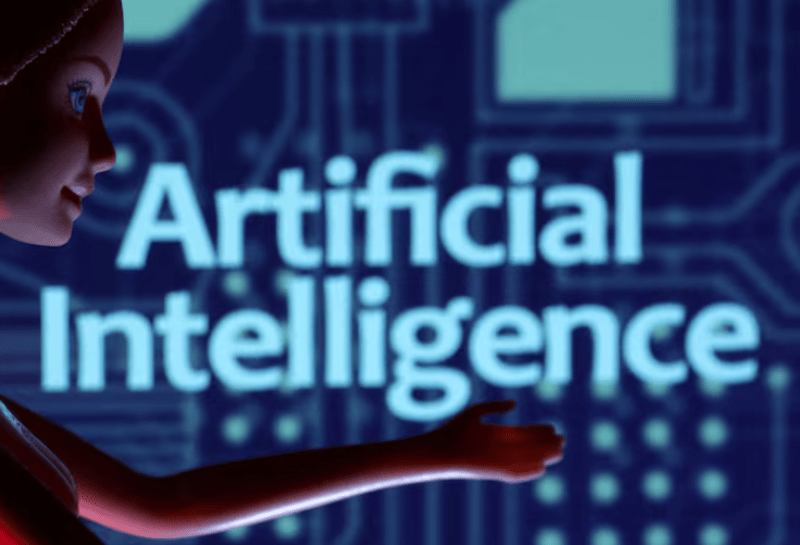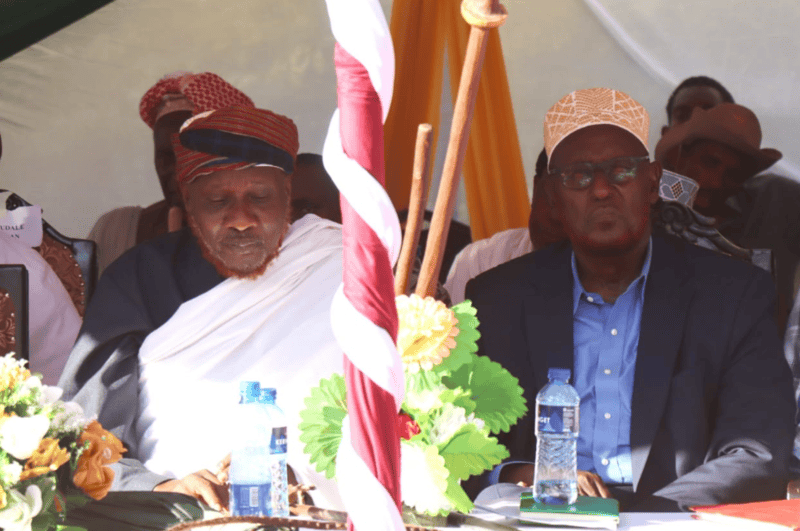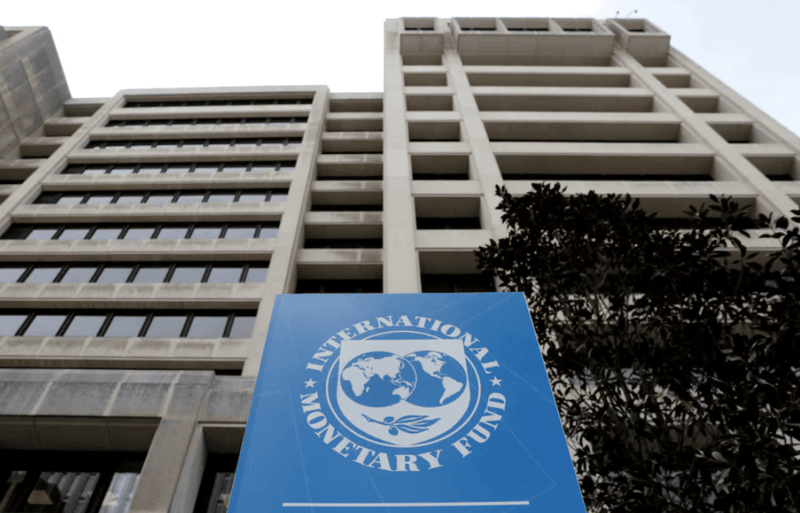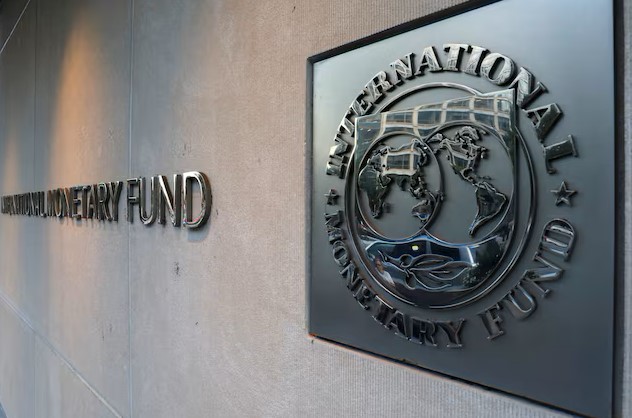Kenya ranks second in Africa on AI preparedness

By Alfred Onyango |
It ranks behind South Africa with an index score of 0.45. South Africa scored 0.5.
Artificial Intelligence (AI) is promising to reshape the global economy, and countries are on the run to align themselves with the changing landscape for growth.
Comparing the readiness of different countries, the latest AI Preparedness Index by the International Monetary Fund (IMF) says wealthier countries currently tend to be better equipped for AI adoption than developing economies.
Keep reading
- IMF to begin review Egypt's loan programme on Tuesday
- Gen Z anti-tax demos dented Kenya’s GDP growth prospect for 2025 - IMF
- IMF approves Sh78 billion loan to Kenya days after criticising UAE funding
- IMF isn’t doing enough to support Africa: billions could be made available through special drawing rights
In Africa, the Index has ranked Kenya the second top country that is well prepared for the adoption of AI.
It ranks behind South Africa with an index score of 0.45. South Africa scored 0.5.
Compared to its East African counterparts, Kenya tops the list followed by Rwanda, Tanzania, Uganda and Ethiopia with index scores of 0.44, 0.35, 0.35 and 0.25, respectively.
South Sudan, Somalia and Sudan are the least prepared in the East Africa region with an index score of 0.11, 0.2 and 0.23, respectively.
The preparedness index is determined based on the countries' digital infrastructure, human capital, labour policies, innovation, integration and regulation.
The lender in its report highlights the benefits AI will have on different countries; spur productivity, boost economic growth, and lift incomes.
It adds that AI can also complement worker skills, enhancing productivity and expanding opportunities.
"In advanced economies, for example, some 30 per cent of jobs could benefit from AI integration. Therefore workers who can harness the technology may see pay gains or greater productivity while those who can't, may fall behind."
Nevertheless, it says that younger workers may find it easier to exploit opportunities, while older workers could struggle to adapt.
"It could also wipe out millions of jobs and widen inequality," IMF says.
"However, most emerging market economies and low-income countries have smaller shares of high-skilled jobs than advanced economies, and so will likely be less affected and face fewer immediate disruptions from AI."
At the same time, many of these countries lack the infrastructure or skilled workforces needed to harness AI's benefits, which could worsen inequality among nations, it adds in part.
Reader comments
Follow Us and Stay Connected!
We'd love for you to join our community and stay updated with our latest stories and updates. Follow us on our social media channels and be part of the conversation!
Let's stay connected and keep the dialogue going!















